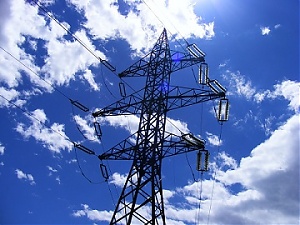Energy, Latvia
International Internet Magazine. Baltic States news & analytics
Wednesday, 24.12.2025, 00:06
Latvia might phase out MPC in three years' time - Aseradens
 Print version
Print version |
|---|
“We have
put together a scenario providing for scrapping MPC altogether in three years’
time. We will make this scenario public on August 1. It’s not going to be easy.
I am already anticipating a very angry reaction,” Aseradens said.
The
minister said that the MPC system could be abolished already in 2019 but Latvia
would then be faced with major lawsuits. “I would rather not speculate, but
these claims might reach hundreds of millions of euros. Our task is to find a
legal way out of this situation,” Aseradens said, adding that the European
Commission offers good instruments for dealing with the issue.
As
reported, the ruling coalition parties have supported the proposal on setting
up a high-level work group that will have to prepare an action plan for the
abolition of the MPC system by August 1.
The Cabinet
of Ministers has approved the Economics Ministry's proposals for tightening
oversight of the energy producers to prevent any MPC-related fraud.
Following
the allegations of possible fraud at several cogeneration plants, the Economics
Ministry conducted inspections at several companies and found that they were
not generating any power. Most probably, the power plants had been turned on
just for the necessary 72-hour test period to get their MPC licenses approved.
The Latvian Economics Ministry so far has annulled licenses to a total of 21
heat-and power (cogeneration) plants.
MPC is a
part of the electricity price used to subsidize green energy producers which,
on one hand, has increased the electricity costs for end-users and, on the
other hand, has been widely abused by fraudulent energy producers.








 «The Baltic Course» Is Sold and Stays in Business!
«The Baltic Course» Is Sold and Stays in Business!

